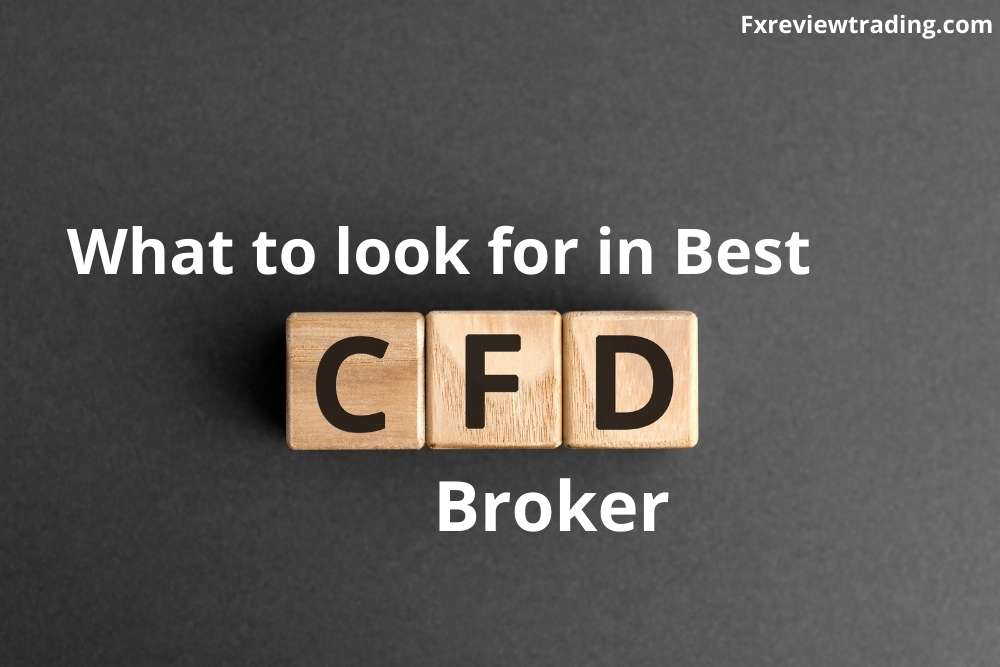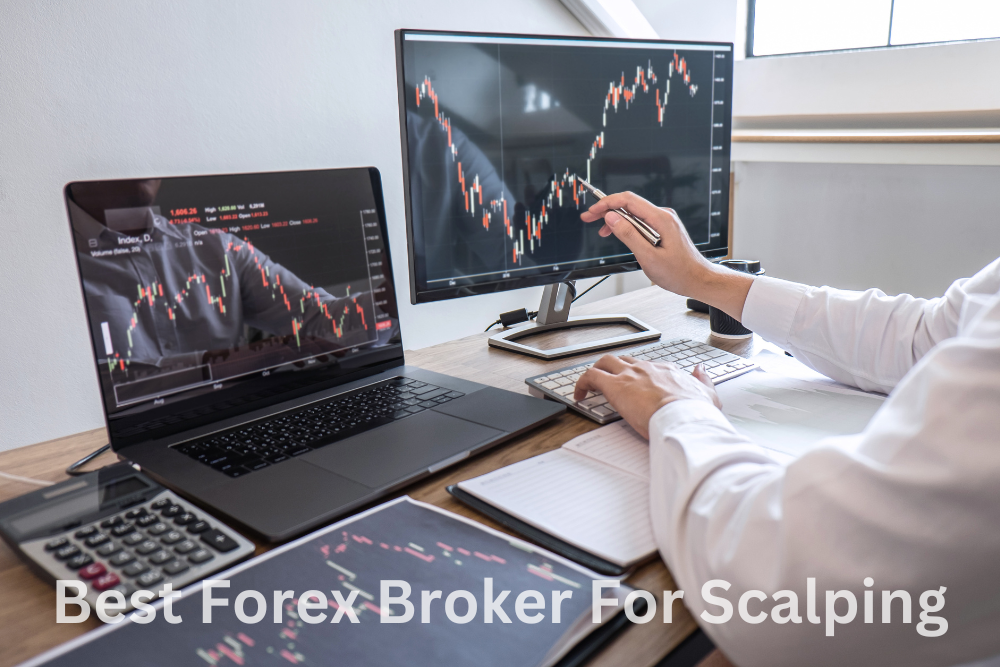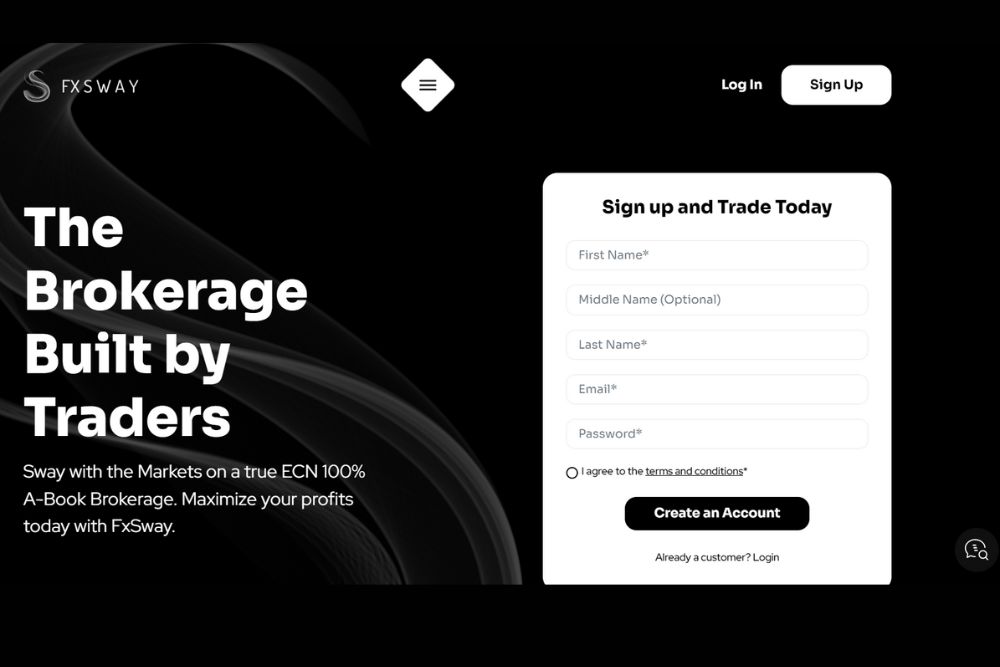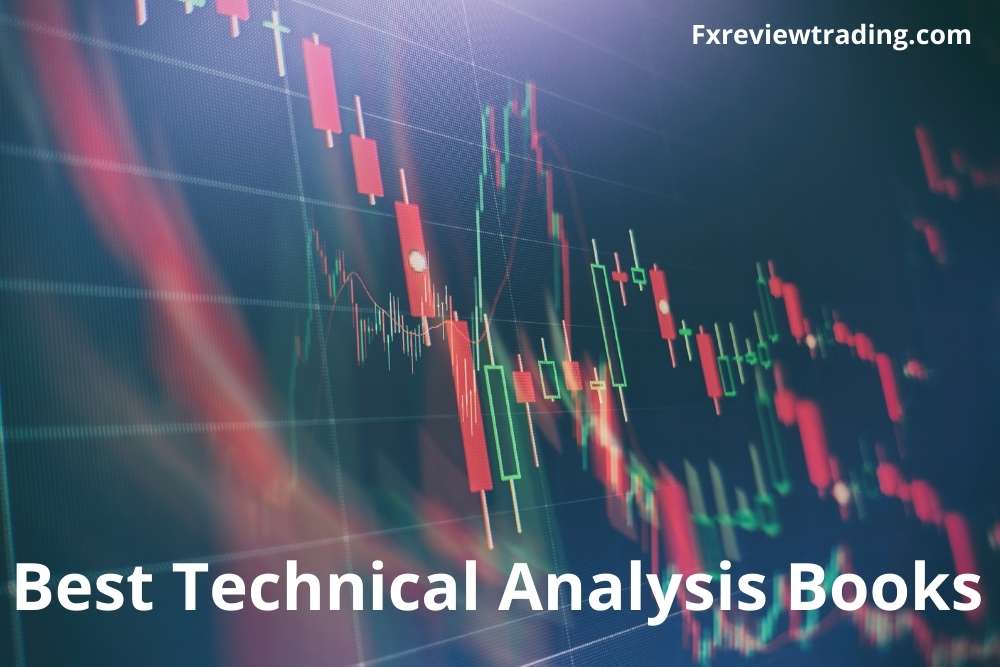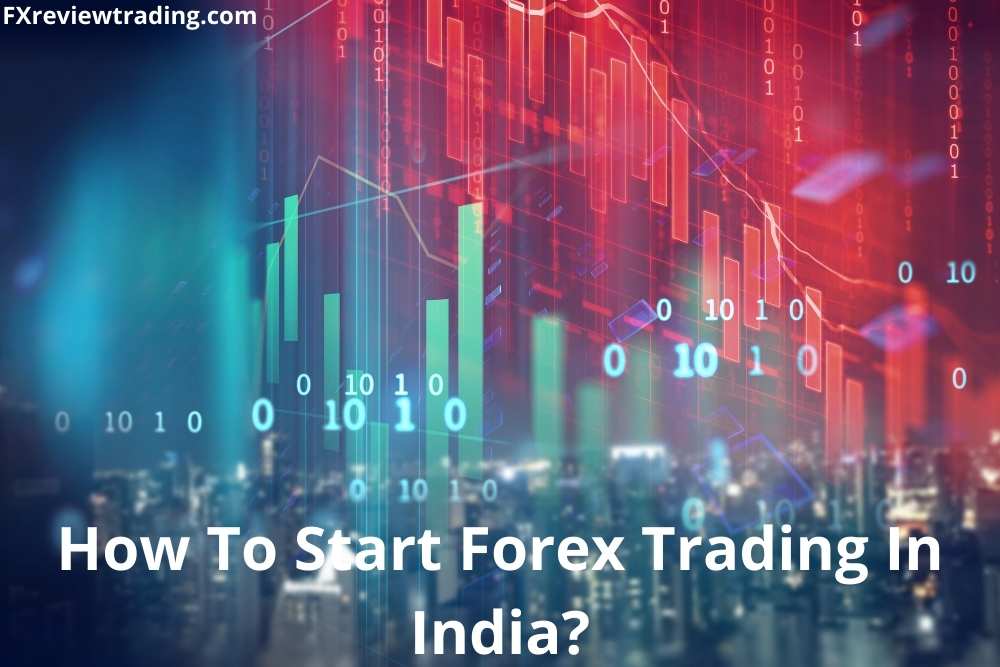Most retail traders struggle to find out how to be consistently profitable in CFD trading. So it makes sense to discuss if it’s really possible to make regular profits trading CFDs.
A trader has to adjust their trading strategies to fit their personality, trading schedule, and risk appetite. Every strategy ought to be historically back-tested. The average effectiveness might also be calibrated. Naturally, historical performance does not guarantee future performance and does not guarantee anything. Best CFD brokers 2022 can help you reach your trading goals.
Also, a trader has to develop a definite mentality to be able to follow his strategy consistently.
Profit chasing or Can you get rich with CFD?
People may obsess over profits. That may ultimately lead to bank-break. To sidestep the strong urge to chase money, it is useful to spot any unrealistic goals.
Overconfident trading could be what leads to your losing your starting capital. Intraday novice traders following short-term price action expose themselves to such temptation. Here, the turnover is high. A CFD broker can help with advice so that you may not lose your capital. Experienced traders make money at a sub-conscious level. Overtrading, after all, is not all that much removed from overeating.
Become more rational. Educate yourself. Pick up trading strategies. That’s an empirical field, implying that you will be so immersed in the craft that you’ll forget being crafty.
Just the right trades
Rather than blindly overtrading, have a plan. Follow the trends, choose just the suitable grades. Entry and exit into and from trades is a fascinating theme by itself. Your profitability depends on the associated skills.
Regarding leverage. The devil is indeed in the details. High leverage permits a trader to deal with larger volumes. This causes them to have less free margin to use in case of a drawdown. Higher volumes imply more pip value. That’s the engine of profit and loss. However, it’s up to the trader to trace an unrealistically high volume, tempting margin calls.
Trades that are sufficiently profitable yield enough to cover losses and make profit. Be mindful that this is common for long-term, trend-following traders. It takes a lot of courage to admit miscalculations in own decision-making and to close a losing trade early. On the other hand, it takes about as much courage to trust yourself, not closing a winning trade too early.
Is CFD better than investing?
There are a number of vital differences between trading an underlying asset and a CFD:
- Rather than hold an underlying asset, a CFD is traded on margin, implying that a starting capital is lodged with the CFD trader, permitting the investor to buy or sell several CFDs per margin computations permitting extra leverage over the stock purchase itself;
- The investor does not own the underlying asset over which the CFD is based. He does however enter a contractual agreement with the CFD broker to exchange the cash difference in price between the closing and opening contract prices;
- CFDs may be traded short or long and you may not be needed to deliver the underlying asset in case of a short sale;
- Currently, CFDs are exempt from 0.5% UK stamp duty, notwithstanding profits being subject to capital gains tax.
One CFD will usually be equal to one share, save that with a CFD position, your CFD broker
will only need to lay down 5% to 20% of the actual contract value to enable trade. So on a share CFD with a 5% margin, you may gain exposure up to twenty times as many shares for the same capital outlay relative to an investor in physical shares. So, for example, suppose you buy 5 Google shares at GBP 400, you would be paying GBP 2000.
However, if you bought five Google CFDs at GBP 400, the margin requirement were 10%, you’d be asked to fork out a trifling GBP 200.
The net effect is a return/loss of 10+ times the amount using CFDs over shares owing to the leverage employed.
CFDs are traded on margin. This implies that a CFD trade draws finance charges with a position held. On the other hand, this applies not to the share trade. Instead, the CFD is charged on the CFD position full market value, PrimeFin sets the rate.
The disadvantage is that geared trading exposes you to the risk of losing more than your starting outlay. This is impossible with regard to physical shares.
While the CFDs value is derived from the underlying’s value, it does not mirror it precisely.
CFDs are merely involved with price movements. The contract is between you and PrimeFin, your broker. Open your Demo account with Primefin.
Are CFDs better than stocks?
We will give you cogent reasons:
-
Gearing or leverage
Gearing means the ability to leverage your capital. Upon contract opening, you merely have to offer only initial collateral at between 5 to 10% of the underlying nominal value. You are permitted to take up to twenty – or a lot more -times cash outlay value. You are thus possibly benefitting from stock price movements sans having to buy that share.
Provided you have GBP 20,000 in a share dealing account, you’d be able to purchase shares for a total value of GBP 20,000. However, when all your capital is invested in positions, you won’t be able to take advantage of other trading opportunities without your having sold a part of your stock portfolio.
With a CFD brokerage account, were you to deposit GBP 20000 in it, not only would you be trading up to GBP 20000, more significantly, you’d be opening extra positions where opportunities should present themselves. Leverage, therefore, is the greatest advantage of working with a good CFD broker. Investby offers great deals in this regard ;
-
Ability to go short
You are permitted to take advantage of an overvalued stock. If you think a share is overvalued, you may short the stock employing a CFDto take advantage of a reduction in the share price. There are no extra costs with a CFD broker like PrimeFin, Investby, or ABinvesting;
-
No stamp duty
In a number of cases, the stamp duty exemption saving will be more than the round trip commission costs for opening/closing the trade;
-
Live tradeable price -direct trading
CFDs mirror underlying’s price. There’s no waiting for order execution. With DMA CFDs, every trade has a corresponding trade in the real market. You can participate in the opening/closing price auctions. ;
-
Pro-hedging
CFDs permit you to make use of more advanced strategies and tactics like hedging your current share portfolio;
Provided you hold a long CFD position over the ex-dividend date, you’ll get the dividend into your trading account on the same day
-
Minimum to start trading
You have to have GBP 5000 available to start CFD trading. ABinvesting can offer a much more attractive offer, however;
-
CFD accounts a global thing
Your PrimeFin CFD account is internationally connected to markets all over. The conventional CFD broker’s offerings pale in comparison.
Are CFD brokers good? Or which broker is best for CFD? Or how do I choose a good CFD broker?
Setting out to choose a good CFD broker for yourself? Look for the following:
-
Regulations
A commendable CFD broker comes only with appropriate regulation. You thus have the assurance that the broker has met the operating standards mandated by the regulatory authority. Some of the said stipulations demand sufficient capitalisation and maintaining segregated accounts for client fund protection ;
-
Trading platform and software
Most trading platforms are offered by third-party trading solutions providers like MetaQuotes Software. Some brokers go to the trouble of developing indigenous trading platforms. However, the standard these days has been set by the MetaTrader 4 platform ;
-
Spreads and commission
The CFD broker makes money by charging traders a spread. The difference between the buying price and the selling price is the spread. You will come across three types of spread – fixed spread, floating spread, and commission fee.
A fixed spread is unchanging.
Floating spread is variable, affected by volatility.
The commission fee is a percentage of the broker’s spread;
-
Business model
There are a number of business models. These are
Dealing desk -a market maker processes clients’ trading instructions thru a dealing desk. A dealing desk broker takes the side of trade opposite yours. When you open a position like EUR/USD, the trade is broker executed. Exposure follows with the assured performance of a good CFD broker.
Non-Dealing Desk – NDD passes the trade straight thru to a third party. Yee are two types of NDD brokers, namely ECN and STP.
ECN – when you push ‘buy’ on the platform, your orders are processed on CFD broker’s training platform via the Electronic Communications Network.
STP
Having received your trading orders, the CFD broker will pass orders directly to another party to be executed courtesy the market maker’s dealing desk.
The business model affects the spreads you will be charged.
How do CFD brokers make money?
The CFD brokers’ market has expanded significantly recently. That owes a lot to the spectacular ascent of CFDs as an investment instrument of choice. CFD brokers are designed to make money both from the markets and trading clients in diverse ways, being the portal between markets and traders. Their ingenious innovations and tenacity stand up to scrutiny.
CFD brokers actually persuade their trading clients to succeed. CFD brokers have a number of avenues open to them to profit. We shall be taking a peep at some of them.
Spreads
The most vital way in which CFD brokers make money is via the spreads quoted on respective markets. Low spreads benefit advantage traders. Money is thus made here thru the traders.
Spread denotes the gap between the buy and sell prices quoted on a particular market. It can be said to stand for a direct fee payable to the broker. It functions by instituting a distance between the actual market price and the quoted price. This mainly permits the CFD broker a trade mark up.
For instance, share CFDs in Company A could be quoted at 99-101. The actual price is stationary at 100. Were you to buy the CFD here, you would purchase a position worth 100 at 101, transaction profit would show effect only from 102 onwards. The remainder 1 point goes straight to the CFD broker.
Commission
Similarly, brokers can charge a commission as a percentage of transaction size. Again, this is a direct manner in which the broker will make money from clients. Winning trades are more profitable all-around. Luckily, the CFD market’s highly competitive nature has implied that a large number of brokers are waiving commissions. They are even slashing their spreads in a bid to draw new investors right in. consequently, the dependency on alternative revenue streams has become even more vital.
Financing
Financing costs are broker marked up. This permits them to cover the costs of the finance arrangement. For margin traded transactions, financing plays an important role in that the trader is permitted to take larger positions than would otherwise be possible. Finance provisioning costs build in both a profit portion for the broker, besides an amount standing for default in arranging the finance. However, in the real world, brokers keep a tight grip on security, in other words, the margin criteria.
Hedging
Hedging is mainly a way of reducing losses, but it also makes up for profitability as a strategy. Hedging matches liabilities with conflicting or complementary positions in diverse markets. In case the trader wins, the CFD broker may offset their liability to that trade.
Conclusion
CFD brokers make money in multiple ways, continually coming up with innovative revenue-stimulating ways. As a result, as the CFD market keeps on growing, CFD brokers can expect a consistent appreciation in their trading revenues. The CFD industry thus makes brokers versatile in terms of income generation and services.

